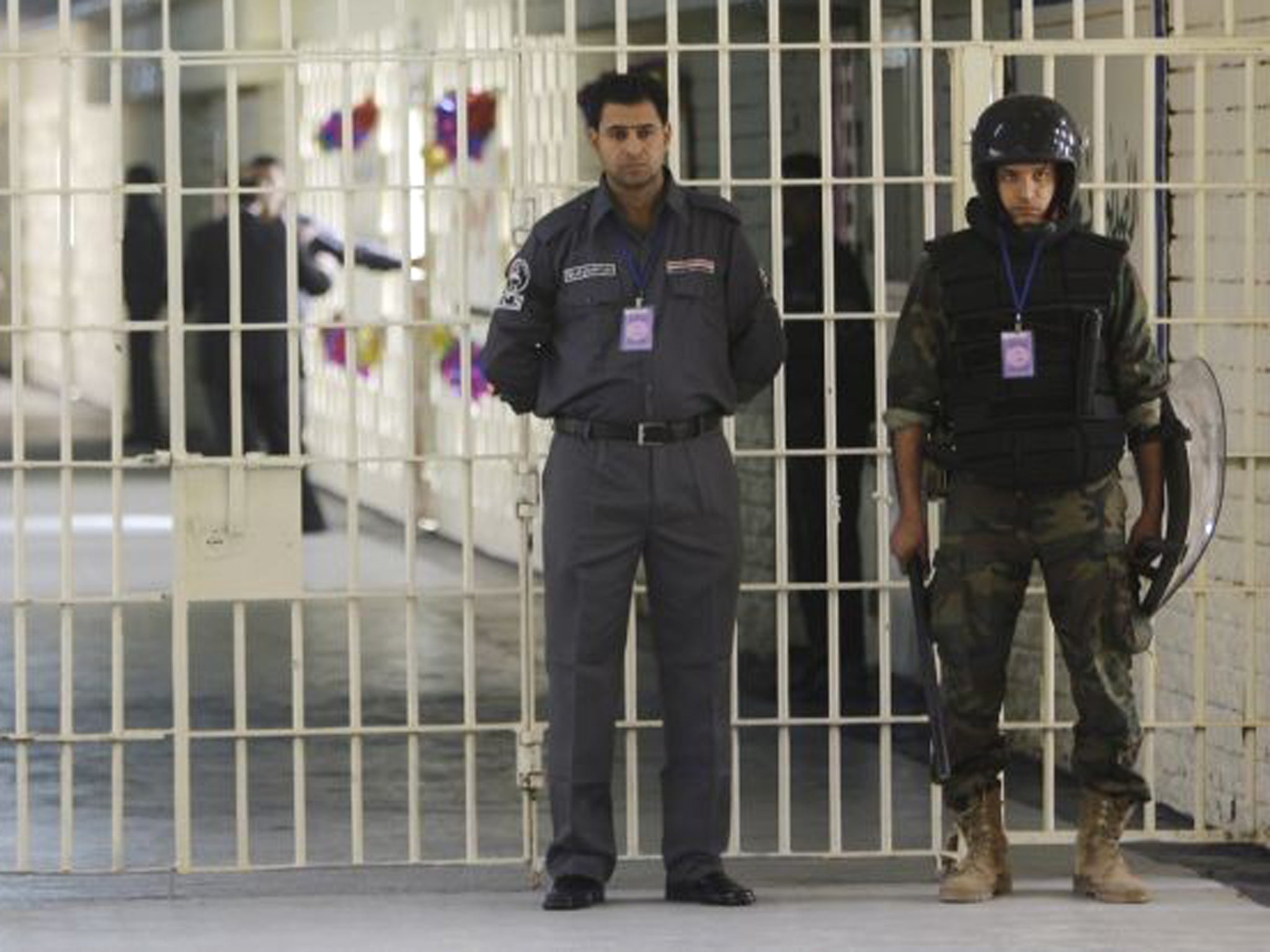Abu Ghraib mass jailbreak heightens fears over future of Iraq

An extraordinary and violent jailbreak in the infamous Iraqi prison of Abu Ghraib is believed to have sprung free hundreds of extremists on Monday night. Suicide bombers blew open the prison gates, opening the way for an assault in which ten guards and four militants were killed. In Washington, US officials fear that the number of prisoners on the loose could total as many as 600, with a significant proportion known al-Qaeda operatives. What does this herald for regional stability and the "war on terror"?
Well, some prisoners have been recaptured, notes Jabbar Yaseen in the Washington Post, after Iraqi security set up checkpoints on exit routes out of the country into Syria and Jordan, or via Baghdad airport.
But "the assault on the heavily guarded facilities reinforced an impression among many Iraqis that their security forces are struggling to cope with a resurgent al-Qaeda since U.S. forces withdrew in 2011"
Sharmine Narwani, a middle east expert at St Anthony's College, Oxford, told the Today programme:
"At the heart of the growing conflict in Iraq is the battle between two blocs, regionally that is represented by Saudi Arabia and Iran, and globally that is represented by two camps: on one side you have US, UK, France, Saudi Arabia, Qatar, Turkey and others.
"On the other side you have Iran, Syria and increasingly Russia and China."
"For the West, there is the fear that any change in the balance of power in the region will benefit Iran and its allies."
Join our commenting forum
Join thought-provoking conversations, follow other Independent readers and see their replies
Comments
Bookmark popover
Removed from bookmarks